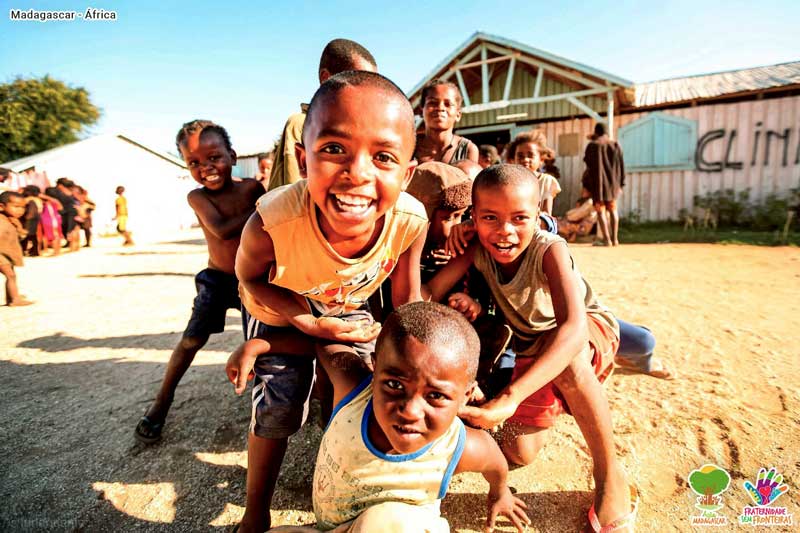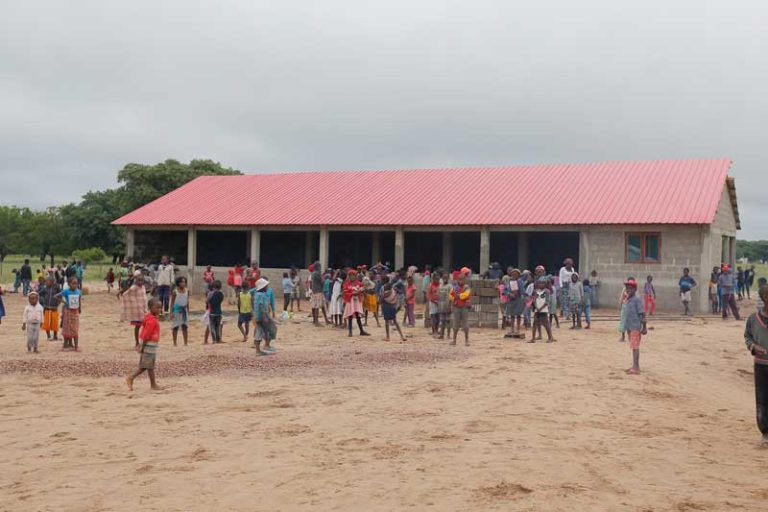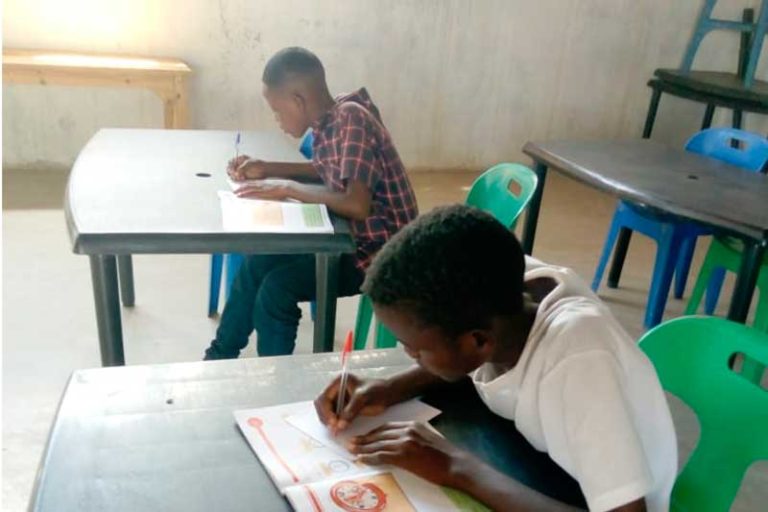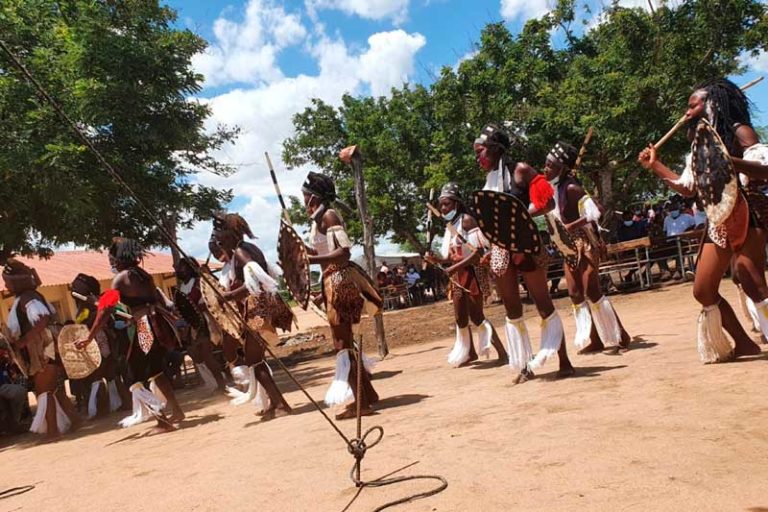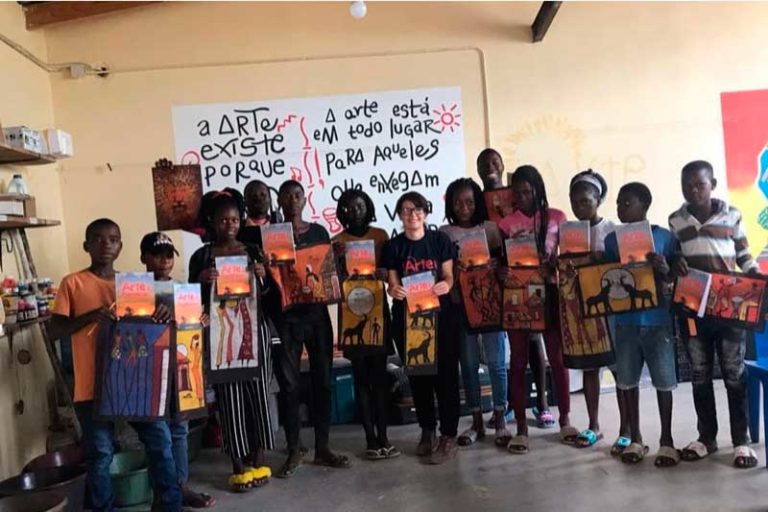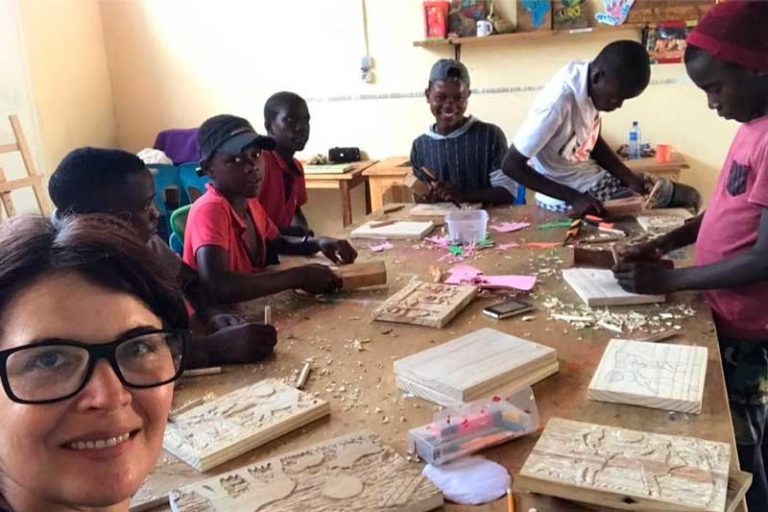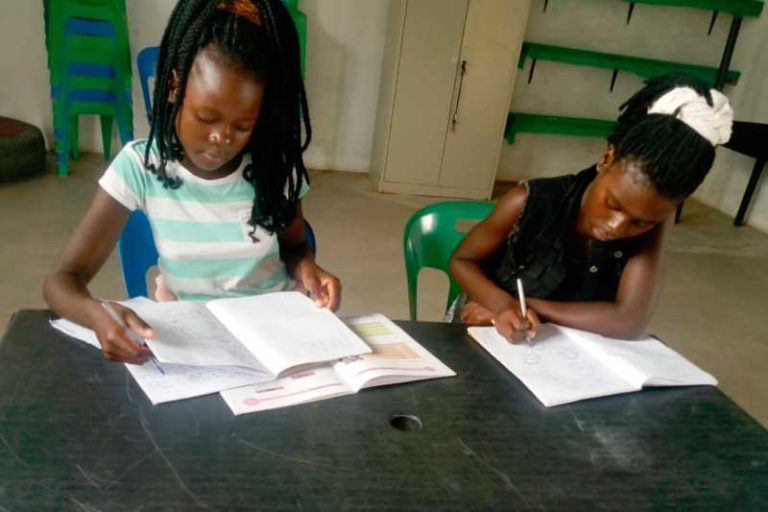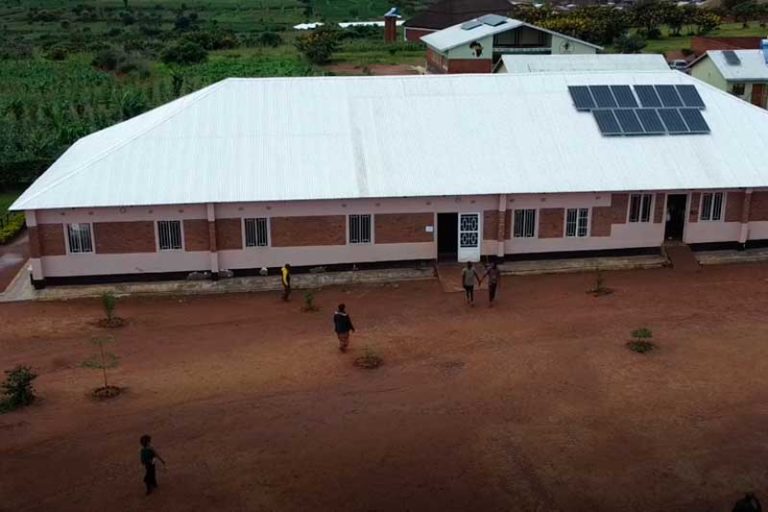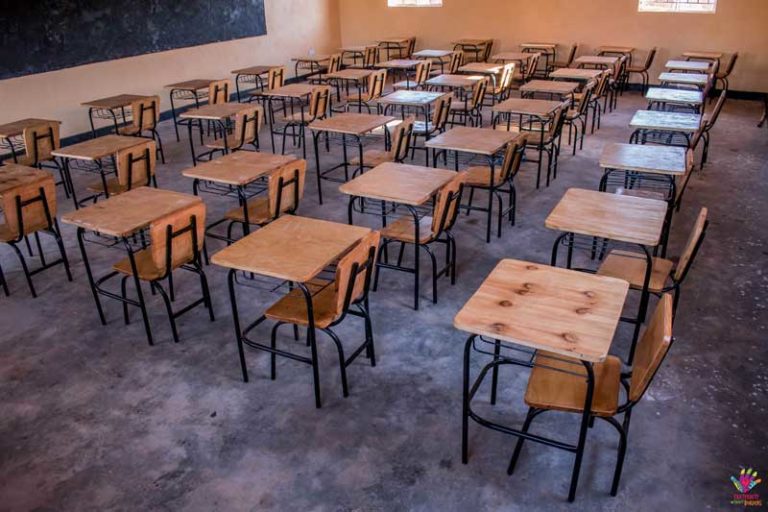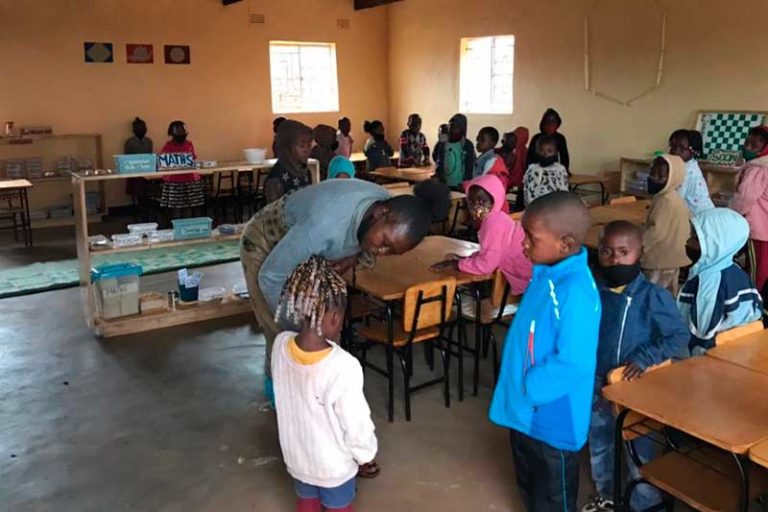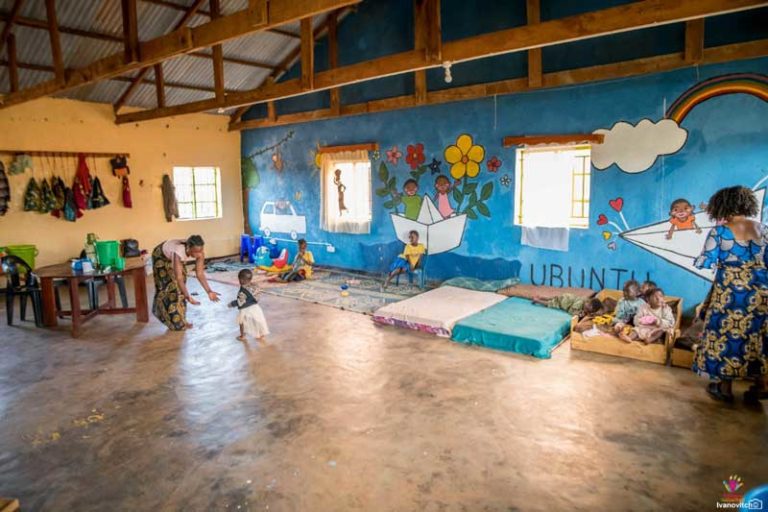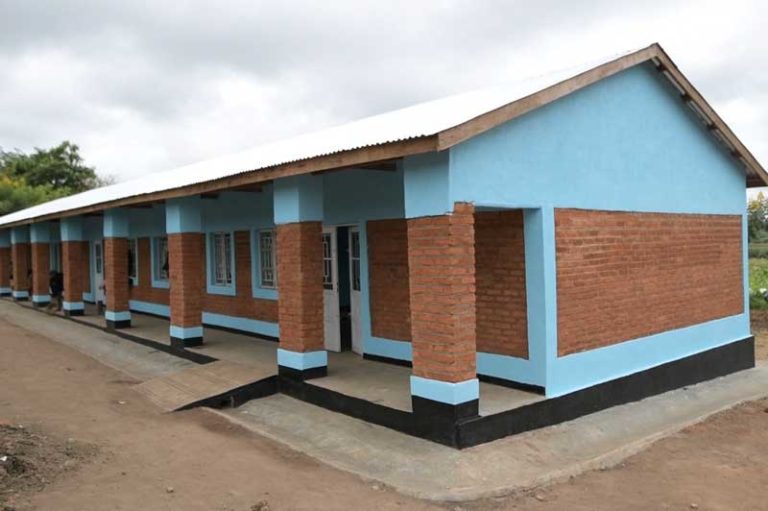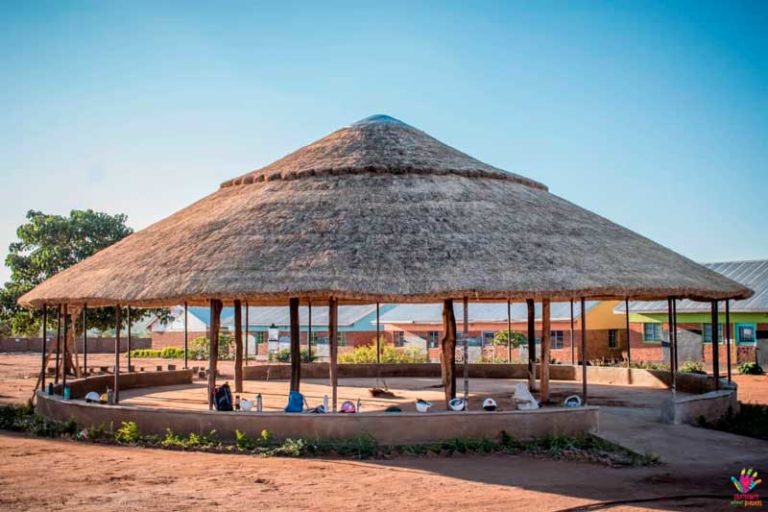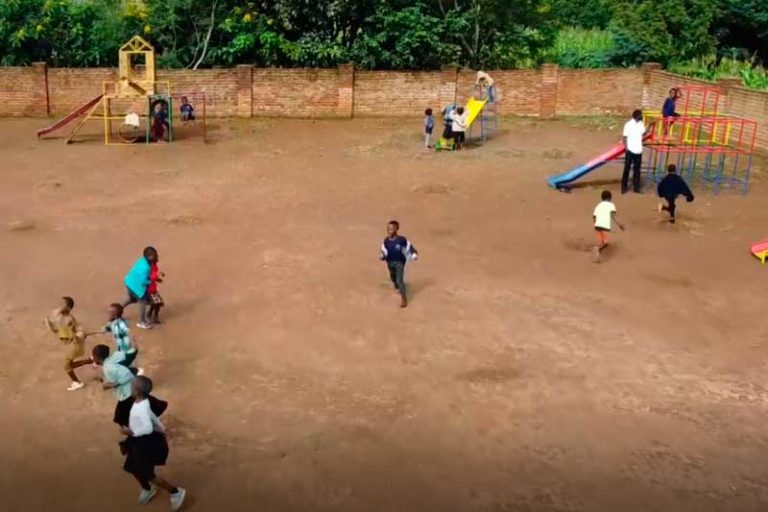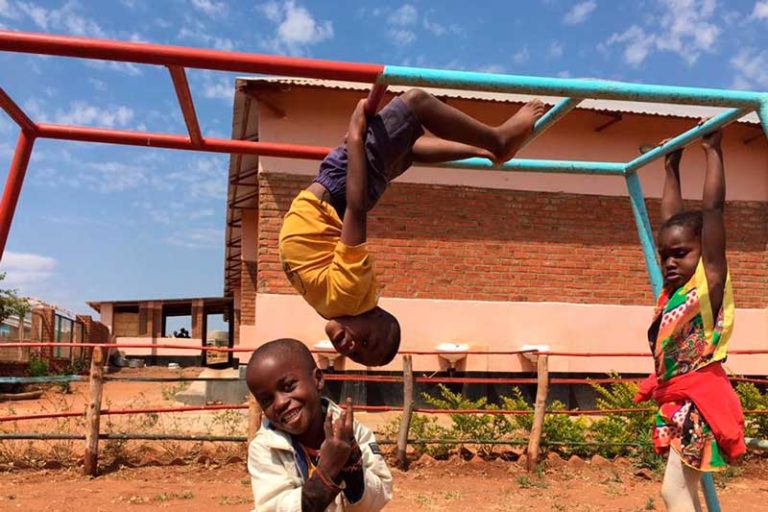The Alok Institute maintains a learning exchange with the Brazilian humanitarian organization Fraternidade sem Fronteiras, providing voluntary and free support for monitoring the processes and results of Fraternidade’s actions in Mozambique, Malawi, and Madagascar (Africa).
The initiatives:
From 2021 to 2023, the initiatives have had a significant social impact on more than 26,000 people, focusing on:
– Food logistics
– Workshops for income generation
– Solar panels for clean energy production
– Construction and maintenance of schools
– Sustainable/agroforestry planting
– Expansion and maintenance of infrastructures
– Access to water
Beneficiaries:
• 14,000 people directly and 20,000 indirectly benefited in Mozambique (Acolher Moçambique project)
• 2,000 people and another 50,000 indirectly benefited in Malawi (Nação Ubuntu project)
• 10,000 people directly and 33,000 indirectly benefited in Madagascar (Action Madagascar)
Mozambique
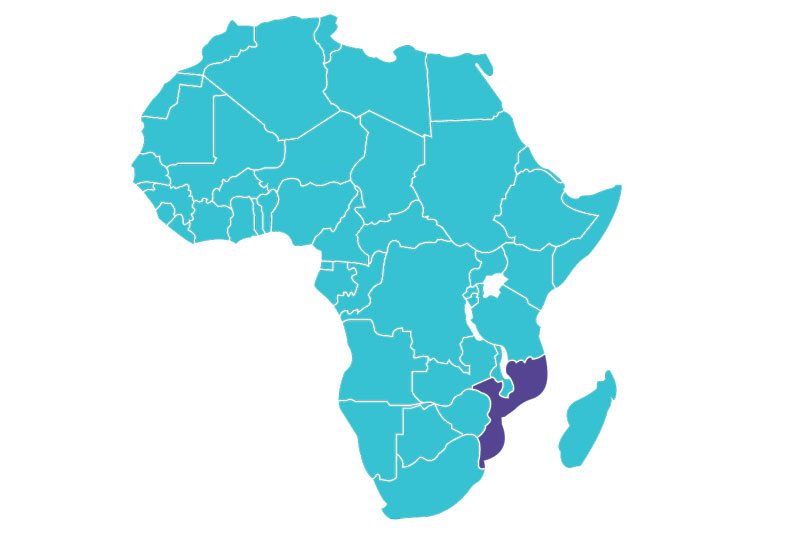
Education – The Primary School of the April 7th Village, inaugurated by Alok in 2019, today receives around 790 students aged 6 to 14 and is administered by the local government. Together with the School and the community, the FSF serves 1,300 children with meals 3 times a week, as well as in all other Reception Centers of Fraternity without Borders, in Mozambique.
Dance – More than 100 young people from 3 villages (Muzumuia, Matuba and Barragem) participate in the traditional Mozambican dance workshop such as Xigubo and Marrabenta. Through classes they create connections with their African roots and traditions, develop physical and emotional skills in addition to empowerment and self-confidence. The performances are increasingly impressive and the group has received invitations to perform at government events and national holidays. The next step is to start rehearsals with the youngest children in the project.
Art – Art workshop takes place every Saturday and serves 20 young artists. The workshop aims to develop techniques for painting on murals, canvas, batiks (traditional African art), serigraphy, pyrography and woodcuts.
Youth Program – Approximately 1,000 young individuals participate in sports, dance, and cultural activities workshops, contributing to empowerment, engagement, and a sense of belonging. The program also serves as a means of income generation and sustenance for the participants.
Malawi
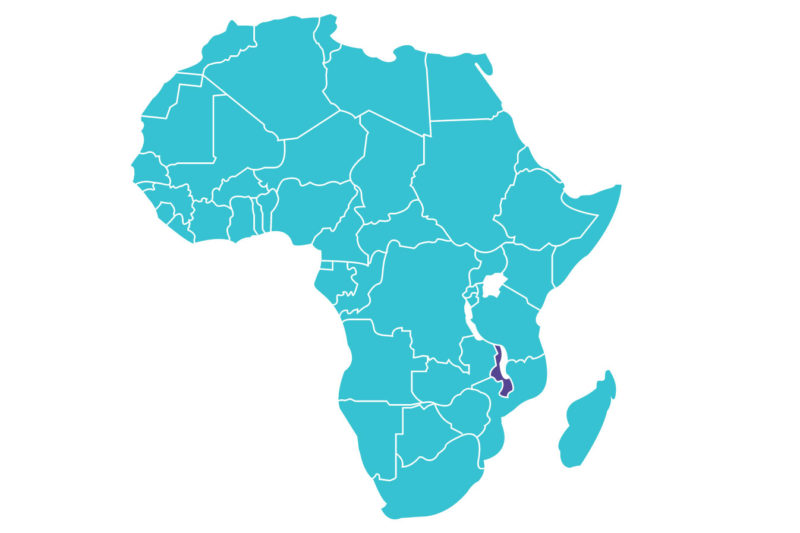
Education – In the day care center, there is the reception of children from 0 to 3 years old. At Ubuntu Nation School, children from 3 years old (preschool) and up to 8 years old (primary school) are welcomed. The complex aims to serve young people up to 17 years of age in the future. Solar panels were installed in the school complex that serve all students and in itself is a pedagogical act.
Learning – At Ubuntu Nation School in Dzaleka, 320 children learn in more than 10 furnished classrooms. The teaching materials used are from the Montessori methodology, offering a high standard of teaching to students. The school also has 10 more support rooms with an infirmary, psychosocial care, among others.
Day care centers – For the Mothers of the Field initiative (see Social Gastronomy), 3 day care centers were built to serve approximately 100 children while their mothers work in the fields.
Right to play – With the construction of the Living and Pedagogy Center, which is used by more than 300 people, and also with the construction of a playground, the continued promotion of child development and the interaction of children in the communities are a new reality.
Madagascar
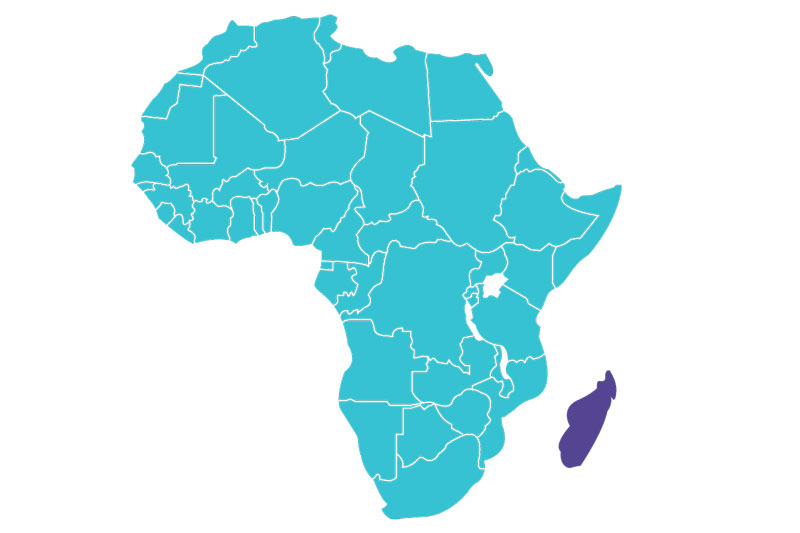
Volunteering – The construction of the Caravanners’ House proved to be an essential action, as it generates sustainability and offers the opportunity to share travelers’ knowledge with local communities. The caravans of godfathers and godmothers of Fraternity without Borders are formed by professionals in the areas of health, education, construction, environment, among others. To be part of the caravans, it is enough to be a godfather or godmother of the Fraternity and feel the will in your heart. The caravanners’ house in Madagascar accommodates around 25 people.
Health – The Health Clinic in Ambovombe – Campo da Paz, directly benefits around 17 thousand people sheltered from the project, increasing access to health for the entire community. The clinic’s more than 30 professionals make their services available to the local community. Currently, the clinic serves approximately 2,660 children monthly for nutritional treatment, conducts 1,350 medical consultations, administed 855 vaccinations for children up to 2 years, provides 80 prenatal care sessions and holds 45 hospitalizations in addition to systemic HIV screening. There are also preventive and health promotion actions, such as home visits by community agents to prevent Malaria.
Education – The Horova School has been inaugurated and currently has 130 enrolled students. The learning is based on the Montessori methodology which focuses on the children’s autonomy, environmental sciences, organic gardening, recyclable waste and composting. For the next academic year, 400 children will be registred.
Sports – In the same school complex, a multi-sport court is being built, aiming to provide health and quality of life to students through volleyball, basketball and futsal.
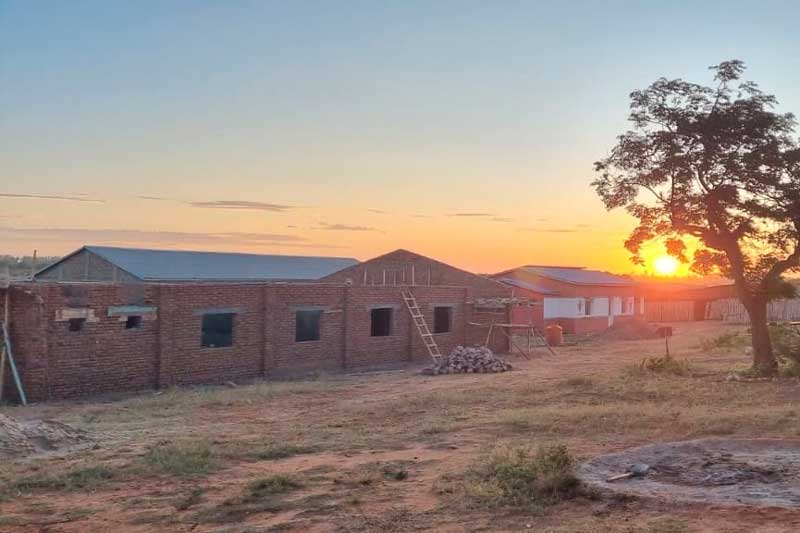
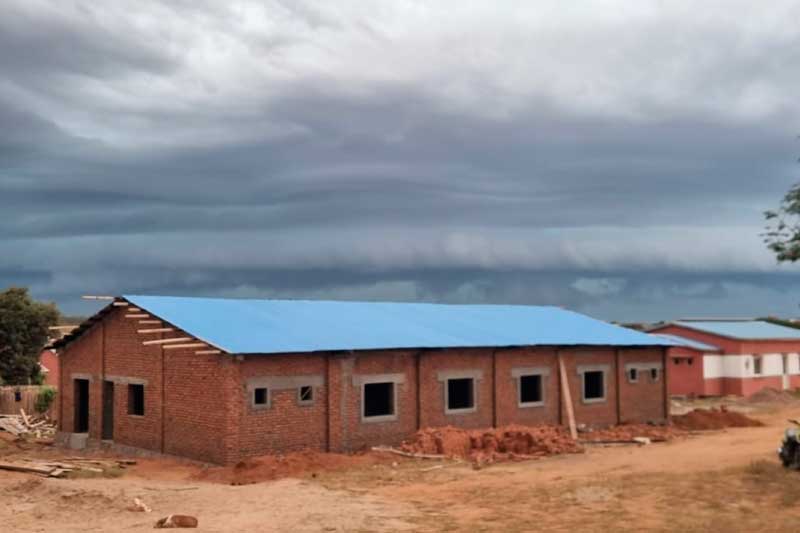


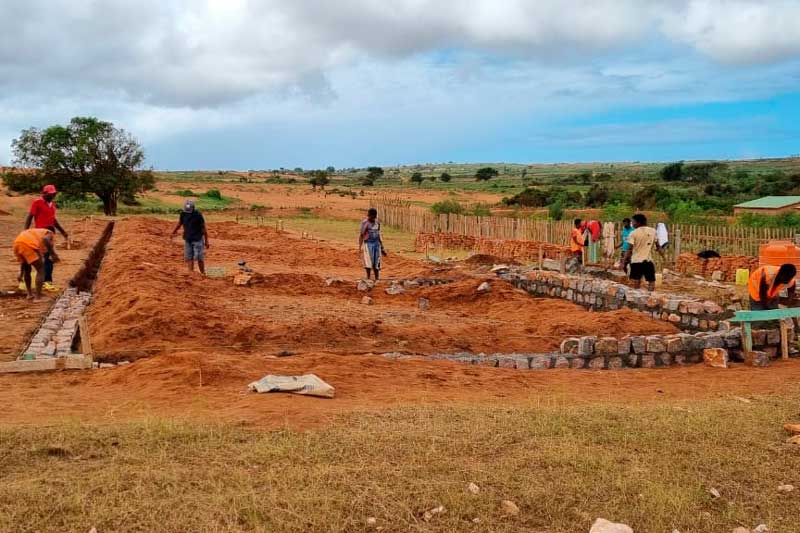
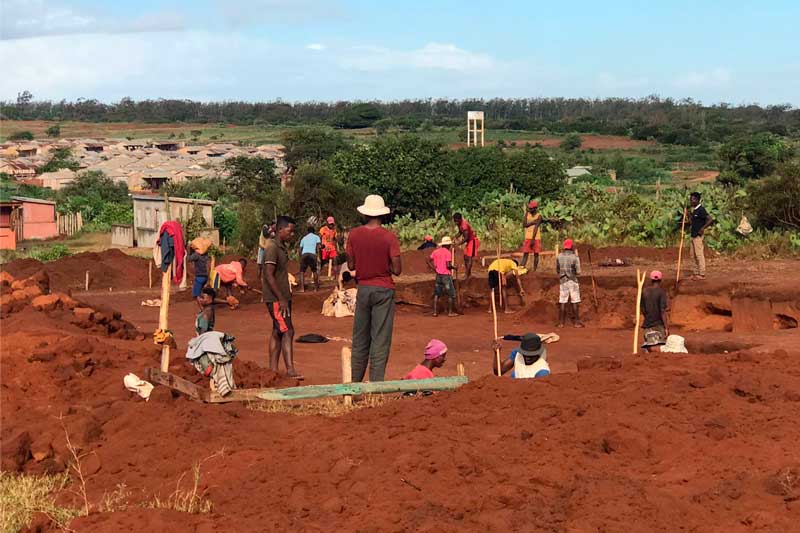
About FSF
Fraternity without Borders (FSF) is a humanitarian organization based in Campo Grande (MS) with Brazilian and international operations. All works are maintained through donations and mainly through sponsorship. With R$ 50 per month it is possible to contribute to a project and make a difference in the lives of many people.

